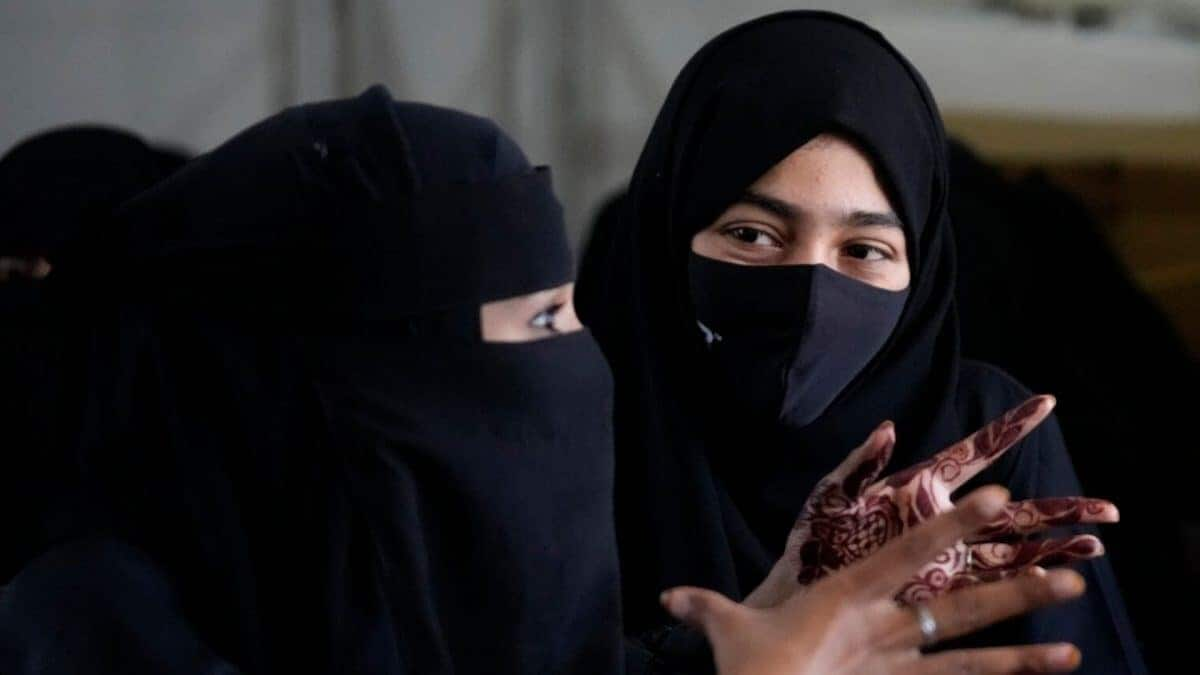
Explained: UK emerging as Western capital of Sharia courts
What's the story
A recent report has revealed that nearly 85 Sharia courts are currently functioning across the United Kingdom.
These informal bodies, which have no legal standing or enforcement power, issue religious verdicts on matters of marriage and family life.
The first such court started functioning in 1982 and since then they have spread across Britain.
Roughly 100,000 marriages have been conducted under them, many of which aren't registered with official authorities.
Controversial practices
Sharia courts' practices and influence raise concerns
The report also emphasized men can end marriages by pronouncing 'talaq' thrice, a practice not recognized by UK law.
Further, polygamy has become routine in these courts despite being illegal under UK law.
An app, approved by a Sharia court, allows men to create Islamic wills and chart a "polygamy plan," choosing between one and four wives.
The app also gives daughters half as much inheritance as sons, further fueling the debate over their influence on personal matters.
Legal implications
Sharia courts' impact on legal system and society
The Islamic Council of Great Britain and Northern Ireland, one of the bodies offering marriage and divorce services, hears around 900 cases each year. It has even expanded its reach to Germany and North America.
The council's rulings have sometimes influenced UK High Court decisions, raising concerns over their impact on the legal system.
Critics say these courts violate one law for all in the UK with Shadow Justice Secretary Robert Jenrick saying, "None of these courts should exist."
Ongoing debate
Calls for action and defense of Sharia courts
Rakib Ehsan of The Telegraph proposed revoking charitable status from religious groups breaching UK law.
The National Secular Society feared a parallel legal system emerging in the UK.
Its chief executive Stephen Evans said Sharia councils exist as Muslim women require them for religious divorces, unlike men who can divorce their wives unilaterally.
A government spokesperson reiterated "Sharia law does not form any part of the law in England and Wales," emphasizing that legally recognized marriages provide protection and support.
Defense stance
Muslim Council of Britain defends Sharia courts
The Muslim Council of Britain defended these forums as voluntary arbitration operating within British law.
They likened them to Jewish beth din courts, which were not mentioned by critics like Jenrick.
The debate over Sharia courts continues with calls for further discussion in parliament.
Richard Tice from Reform UK expressed shock at Britain's status as a hub for Sharia courts and called for a debate on their role in family life decisions.